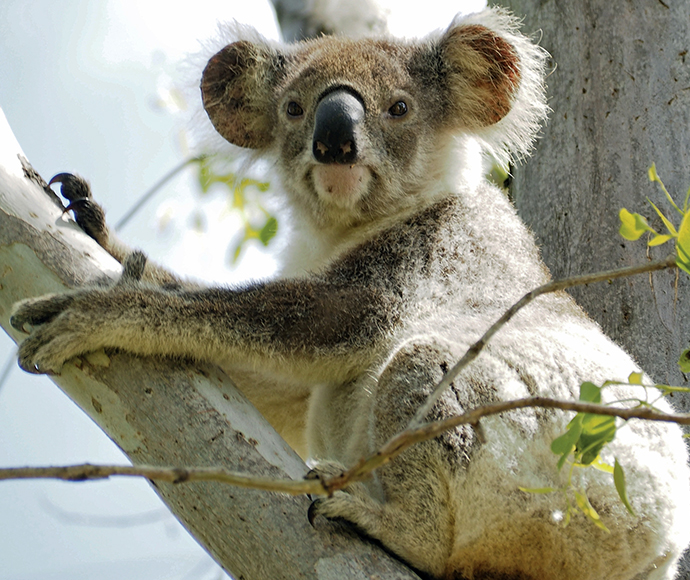NSW Koala Summit puts koalas in the spotlight
New South Wales will host a Koala Summit on Friday 22 March 2024 to inform the government’s work to protect the Australian icon.
The Koala Summit, to be held at Taronga Zoo in Sydney, will bring together key knowledge holders from across New South Wales to provide advice about the effectiveness of current conservation activities and make recommendations for future priorities.
It will be an opportunity for the NSW Government to hear from a diverse range of stakeholders, including non-government organisations, private landholders, local councils, Aboriginal representatives, academics and researchers, businesses and policy makers.
The summit will be a key consultation point in the NSW Koala Strategy review process. It will examine whether existing actions, targets and delivery approach are working for koala program areas and locations around New South Wales. Advice from the summit will be provided to the Minister for the Environment to inform the refresh of the strategy.
To supplement advice from the summit, a discussion paper will seek community views on the NSW Koala Strategy and current koala conservation actions.
Attendance at the Koala Summit will be by invitation only and numbers will be limited to approximately 150 people.
For more information, visit environment.nsw.gov.au/koalasummit.
Quote attributable to Minister for Climate Change and the Environment Penny Sharpe:
'The NSW Government is committed to protecting our iconic koalas and ensuring their long-term survival in the wild.
'The summit will bring together key knowledge holders from across New South Wales to provide advice about the effectiveness of current conservation activities and make recommendations for future priorities.
'We recognise koala conservation is a shared responsibility, and we welcome the involvement of the private sector in supporting our efforts.
'We also acknowledge the cultural and spiritual significance of koalas to Aboriginal people, and we value their knowledge and experience in koala conservation.'
